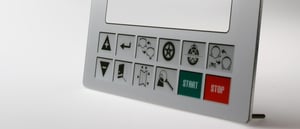
Piezo keyboards
For pathless operation with
low installation depth.
Piezo technology for input systems -
extremely robust and stable
The Algra Group's decades of experience with piezo-electric input systems have led to a ground-breaking innovation: the Agnostic Touch. The advantages of piezo input systems are retained: In addition to the large selection of overlay materials, robustness, use around water longevity and the wide range of design variants are good reasons to opt for an Agnostic Touch.
The many advantages of the technology inspire our customers on a daily basis, as it is used in a variety of areas: Railroad, traffic and surveillance technology, apparatus and mechanical engineering, electrical and electronics industry, medical and laboratory technology, parking and access systems, audio and white goods industry.
Piezo keypads continue to be manufactured by the Algra Group in Switzerland. Modern machines and facilities are the basis for the manufacture of flawless products. Production is also carried out efficiently according to lean production standards.
Thanks to their travel-based operation and high resistance to external influences such as dust, moisture and vibrations, piezo keyboards are particularly durable and reliable. They offer precise, responsive operation and are ideal for use in safety-critical areas where high demands are placed on robustness and a long service life.
- DYNAPIC
- DYNASIM
DYNAPIC - extremely strong, robust and stable
With DYNAPIC® pressure-sensitive touch technology, there is a ceramic piezo element behind each button. These are contacted with printed conductor foils. The complete input system also includes an operating overlay and a support plate. The overlay can be made of a variety of materials, as the switching process is triggered by the deformation of the piezo element by just a few micrometers. Aluminum, stainless steel, glass or plastics are commonly used, which makes it possible to realize extravagant design ideas.
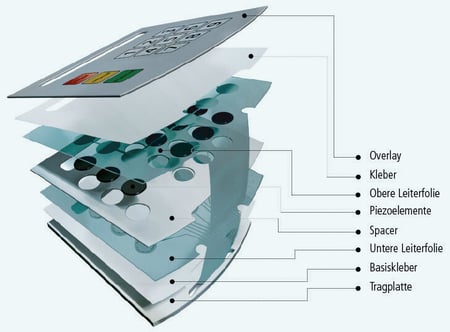
DYNASIM - suitable for high quantities

"Piezo keyboards offer high precision and durability and are the classic among metal touch technologies."
Our references
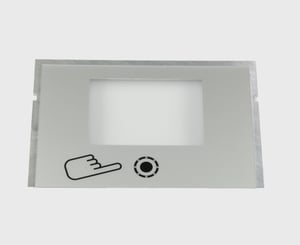
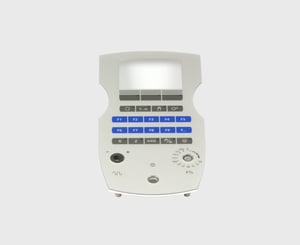
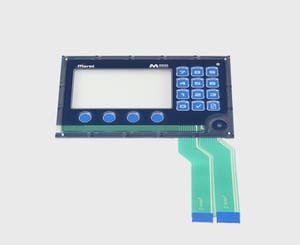
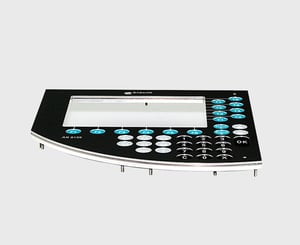
Comparison of typical input solutions
Our solutions are individually tailored to your requirements.
Get in touch with us

SCHNEIDER Franz
Sales Manager Human Maschine Interfaces
f.schneider@algragroup.ch
Mobile: +41 79 513 89 40